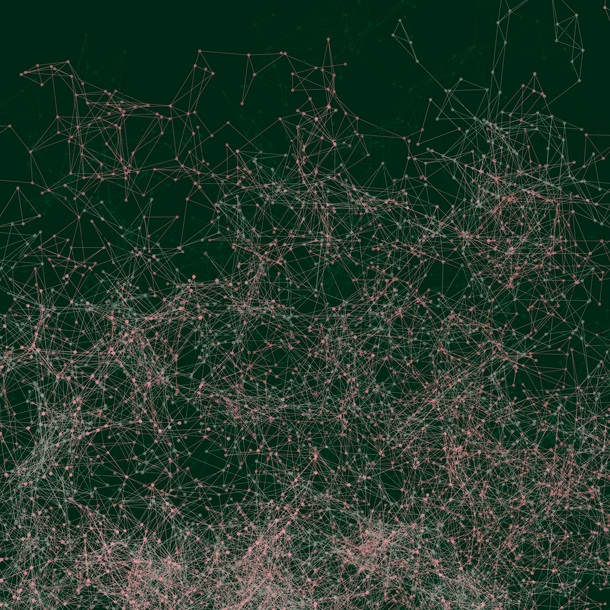Doctoral Researcher:
Tayyaba Zainab, GEOMAR and Kiel University
Supervisors:
- Prof. Dr. Olaf Landsiedel, CAU, Faculty of Engineering, Department of Computer Science, head of Distributed Systems Research Group, ol@informatik.uni-kiel.de
- Dr. Jens Karstens, GEOMAR Helmholtz-Zentrum für Ozeanforschung Kiel (FB4, GDY), jkarstens@geomar.de
Additional PIs
- Prof. Dr. Christian Berndt (FB4, GDY), GEOMAR Helmholtz-Zentrum für Ozeanforschung Kiel, PhD Supervisor
Location: Kiel
Disciplines: Computer Science, Geophysics, Engineering
Keywords: Seafloor sensors, neural network, swarm intelligence, early warning systems, environmental monitoring
Motivation:
Due to rising sea levels and growing populations, coastal communities have never been as vulnerable to natural hazards as today. Moreover, the transformation of the energy sector including booming offshore wind energy and the planned storage of CO2 beneath the sub-seafloor require a rapid expansion of the seafloor infrastructure in coming decades, while putting additional pressure on marine ecosystems. These developments demand for new approaches to submarine environmental-monitoring and early warning systems. As defined by the UN in the decade of Ocean Science, there is a need to expand the global capacities for marine technology to allow a sustainable growth in blue economies and to provide Developing States with access to knowledge and technologies.
We propose a paradigm shift in seafloor monitoring technology away from today’s inflexible cabled networks and highly specialized instruments requiring sophisticated infrastructure (e.g. ROVs) towards cost-efficient, modular and intelligent approaches. However, gathering data and transferring it from sensors in constrained environments such as underground, underwater, sub-terrain, or rural areas poses significant challenges due to limited connectivity. For example, acoustic underwater communication is limited to a few
hundred bit/s to a few kbit/s. So, we want to devise new approaches that are energy-efficient, and (quasi) real-time to do data-analytics on the seafloor with a swarm of networked and intelligent sensor nodes.
Aim:
The primary aim of this research is to investigate the feasibility and effectiveness of using these small micro-controllers for efficient data analysis, white running on limited energy supply underwater, underground or in rural areas. We further want to extend this research to a more distributed setting to analysis data within communicating seafloor sensor networks for accomplishing complex autonomous monitoring tasks on the seafloor.








